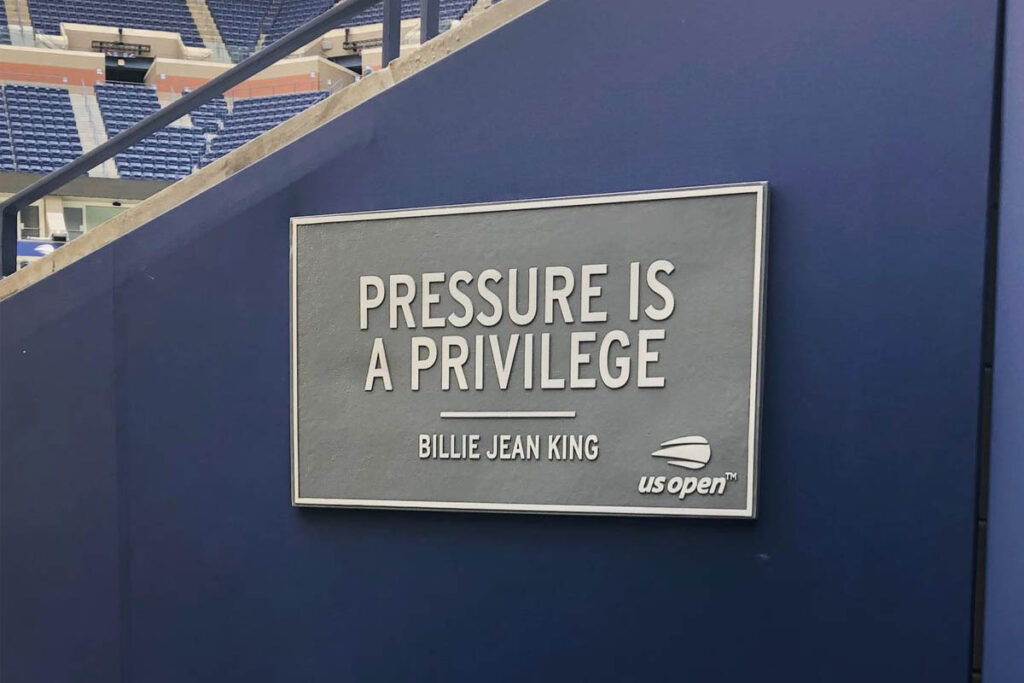There’s a whole new class of fake gurus rising through Instagram reels. They seem to know everything about everything—and they can talk for hours without saying anything real.
One video has someone who’s never built or managed a company giving “leadership advice.” Another has an academic, with zero entrepreneurial track record, preaching about startups.
A friend recently sent me one of these videos saying, “This guy is so right.” I watch it. The speaker tells a story about Italy’s mafia-style Prime Minister Berlusconi, who supposedly had a pasta dish remade from scratch three times because he didn’t like it. The guru then uses this to talk about “the importance of perfection.” How shallow. How empty. And yet, no one notices how rotten the references these fake gurus use actually are.
This guy is holding up as a role model one of the most controversial leaders of modern times, a man buried in corruption cases. But of course, his audience doesn’t know that. They don’t care who he is—they just focus on the punchline of the story.
And what’s the punchline? That creating a perfect product is everything.
But is that how it works in the real world? Were the products we see dominating the market today perfect from day one?
Of course not. LinkedIn founder Reid Hoffman said: “If you are not embarrassed by the first version of your product, you’ve launched too late.” Notice what he didn’t say—he didn’t say you must create a perfect product.
What matters is taking the first step and moving forward.
Meanwhile, that overhyped guru is feeding people a different message: “You must build perfection.” And what happens next? People obsess over making it perfect… and inevitably fail. Nobody nails a perfect product on the first try. And when they fail, most just quit.
So while the lower tier gets lulled to sleep by these fairy tales, the ones truly moving forward are actually making progress. As Voltaire said: “Perfect is the enemy of good.”
First, get to good. Then you can aim for perfect. Jim Collins would agree.




